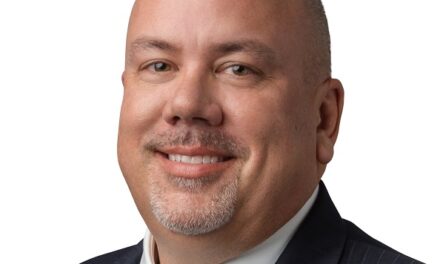.jpg) When A Disability Strikes, What You Have Is What You Get
When A Disability Strikes, What You Have Is What You GetIt’s Christmas Eve. You and your family are heading home to enjoy the holiday together. Traveling on a road you have driven dozens of times, while changing lanes, you fail to see the car next to you, overcorrect, and shoot across the median into oncoming traffic, hitting another car and flipping your SUV. This happened to a very successful surgeon, in Jacksonville, in December of 2014. He will never perform surgery again since he is paralyzed from the neck down as a result of his injuries.
If you’re thinking, “That will never happen to me,” consider the following: A well-respected South Florida surgeon recently tripped and injured her hand to the extent that she will never operate again.
Cancer, heart attack, and stroke fact: more likely to disable not kill: While we may not like to dwell on such possibilities, we should be aware of the facts. During an individual’s career, the chance of a disability is four times greater than the chance of death. In the last 20 years, deaths due to the "big three" (cancer, heart attack, and stroke) have gone down significantly. But disabilities due to those same three are up dramatically, increasing 55 percent! Things that used to kill now often disable us. Surgeons carry the greatest risk. While the first example above is catastrophic, if a surgeon loses the use of one hand or the ability to stand for long periods of time they are out of practice.
Since your ability to earn an income is among the most valuable assets you possess, disability insurance is one of the most important coverages you can own. If you die you will be mourned and missed and most of you have some life insurance to help your family. Yet many in the medical field are woefully-underinsured or not insured at all for a major disability. Without proper planning, a disability can be financially devastating for a family. In my 30 years as an insurance advisor, one thing has remained consistent: A large percentage of doctors spend much of what they earn, regardless of how much they make. Contrary to what many think, expenses can actually increase as a result of a disability. Certainly you can cut back. You can cancel the country-club membership, sell the vacation home, and drive a less expensive car. What happens to the children’s private school, college, weddings, and your retirement funding? Your income, or lack thereof, affects the entire family and their future.
Now is the time to look at your plan and make sure you are well positioned in the event of a disability. The statistics don’t mean much unless it happens to you – then they mean everything. At that point, what you have is what you get.



























